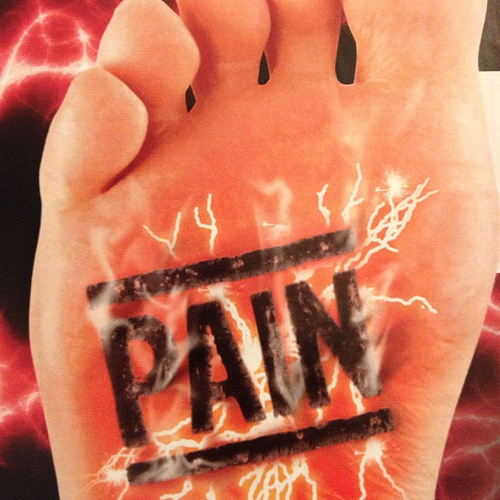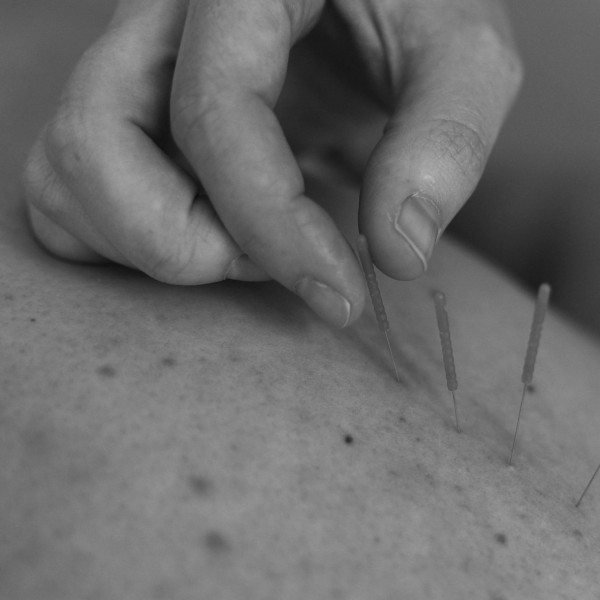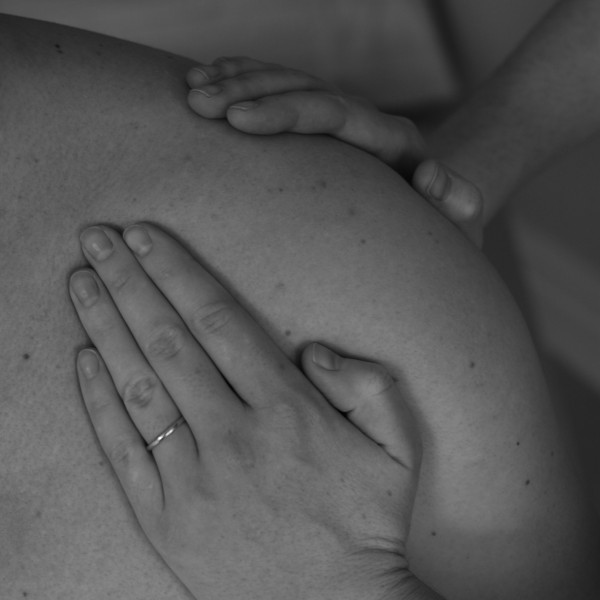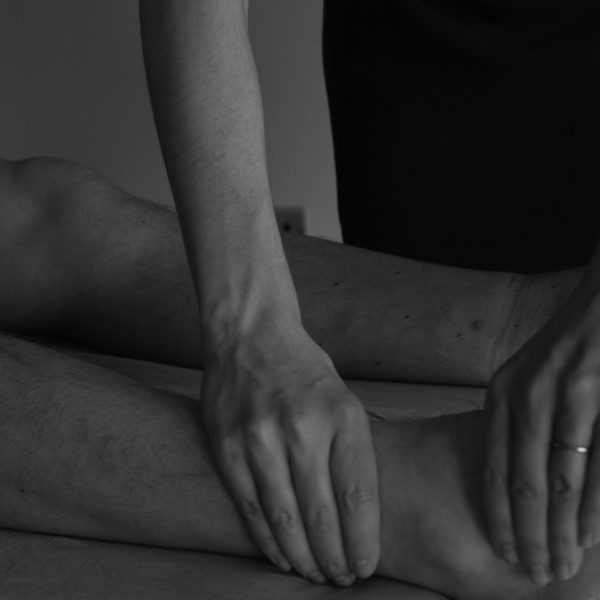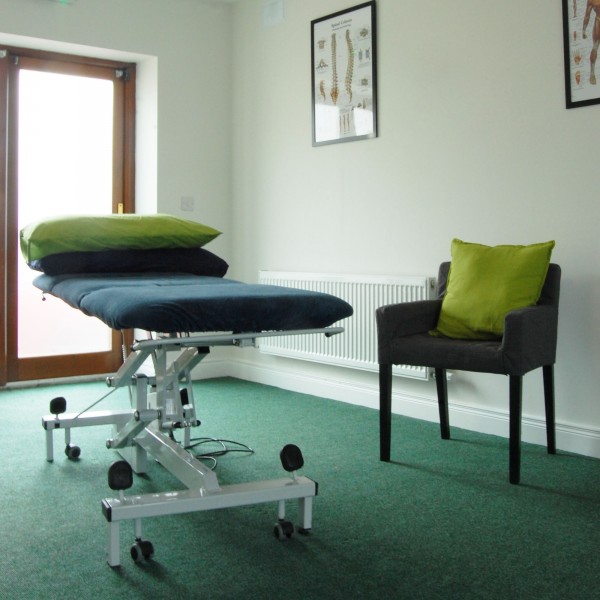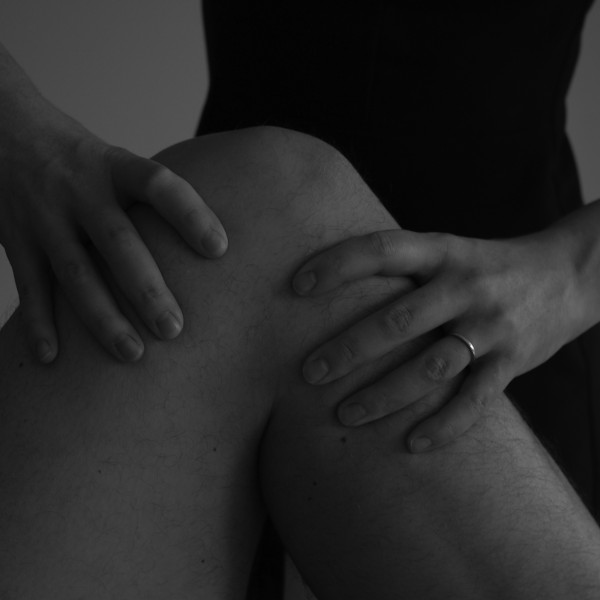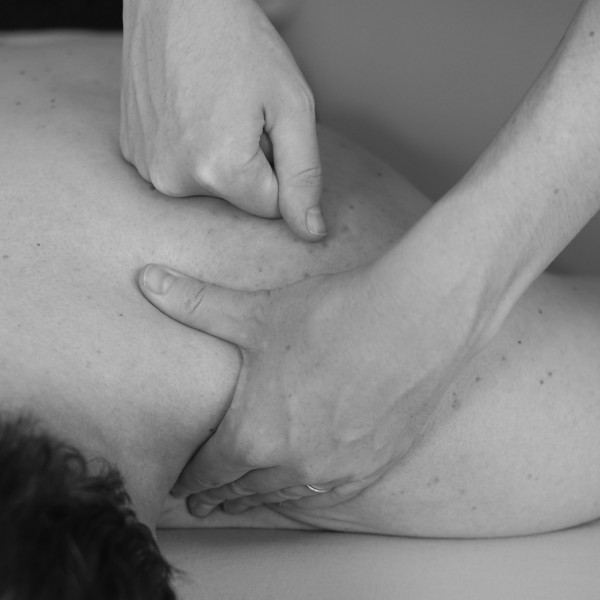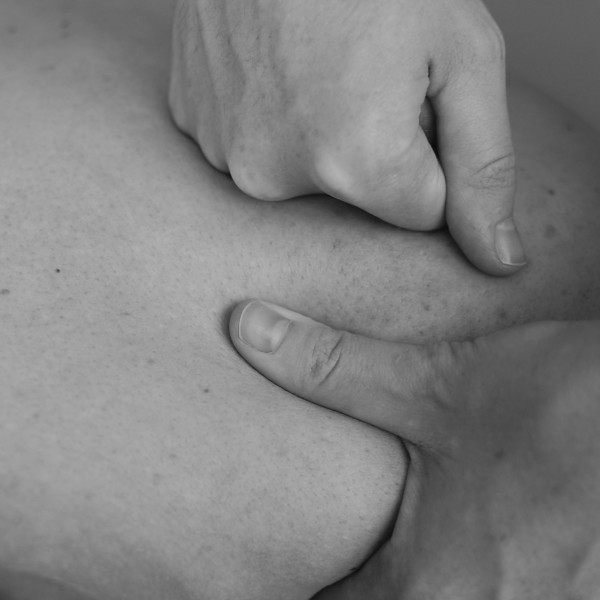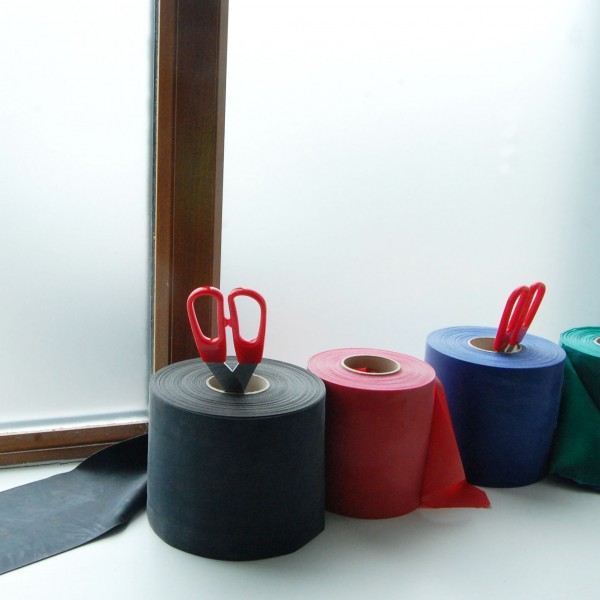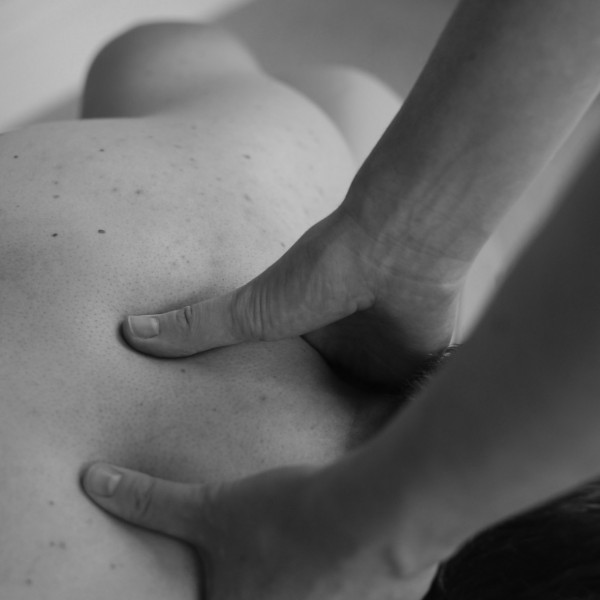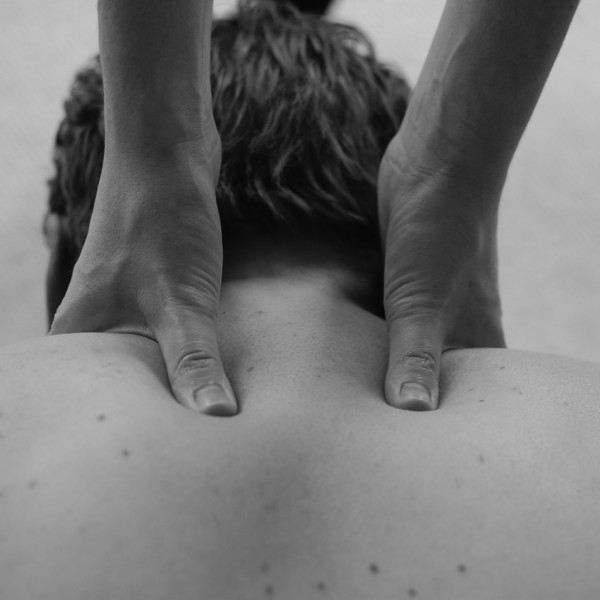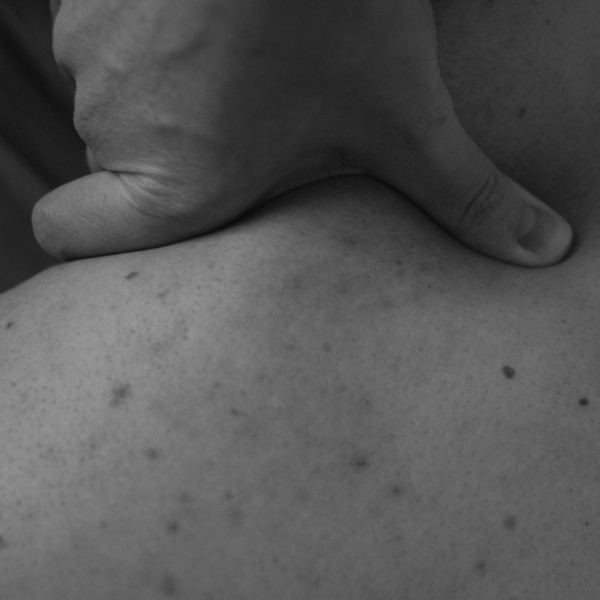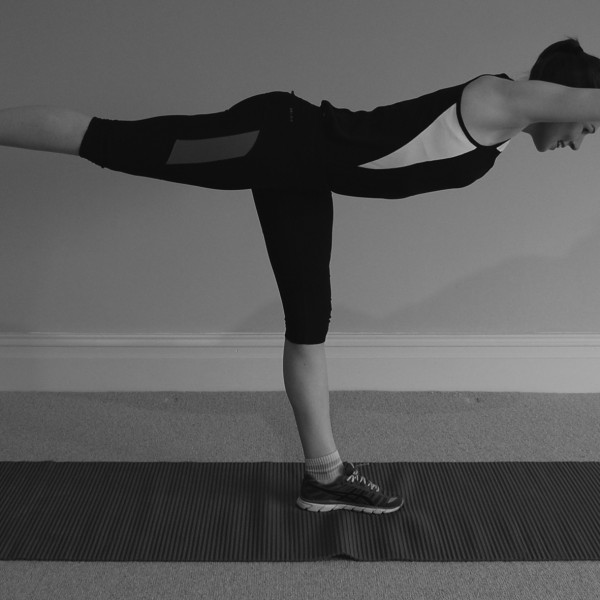Plantar Fasciitis is pain on the bottom on the foot and into the heel. It is one of the most common causes of foot pain that we see at Motion Physio Clinic, Prosperous. The pain is caused from inflammation of the Plantar Fascia. This Plantar Fascia is a thick band of connective tissue that connects the toes to the heel bone. It maintains the arch of the foot, so is very important when standing or walking. Plantar Fasciitis can cause severe pain, but Chartered Physiotherapy treatments will help restore the foot to normal.
Plantar Fasciitis symptoms:
– Pain on the bottom of the heel
– Pain on the arch of the foot
– Pain can be at its worst in the morning time
– The pain generally increases over a period of months
Your Chartered Physiotherapist will fully assess your foot and ankle to diagnose Plantar Fasciitis and outrule any other causes of your foot pain, like bunions or metatarsalgia. Often there is a biomechanical cause to Plantar Fasciitis. If your physio finds after assessment that this is a contributing factor, part of the treatment will be a prescription of a medical insole (orthotics). The orthotics will be customised to your foot type and fit into your shoe to support the foot and correct the underlying foot abnormalities contributing to the Plantar Fasciitis. The most common biomechanical abnormality found is foot ‘over pronation’, where the arch of the foot flattens too much during walking or standing. This overpronation causes the foot to collapse down on the Plantar Fascia causing the inflammation and pain.
Footwear also has a huge impact on foot pain. Wearing non-supportive footwear when standing or walking on hard ground can contribute to Plantar Fasciitis. If you are on your feet for long hours of the day, or do a lot of walking or running this will put added stress on the Plantar Fascia.
Your Chartered Physiotherapist will also treat the Plantar Fascia with hands on treatments, including soft tissue release and dry needling. They will prescribe an exercise programme to address any issues with tightness and weakness in the foot and lower leg that are contributing to the Plantar Fasciitis. If you suffer from foot pain, start with a good supportive pair of shoes, if this does not ease the pain come for an assessment with a Chartered Physiotherapist. They will assess and diagnose your foot pain, and come up with a treatment plan to restore painfree activities.
Call us at the clinic on 045 841010 if you have foot pain.

